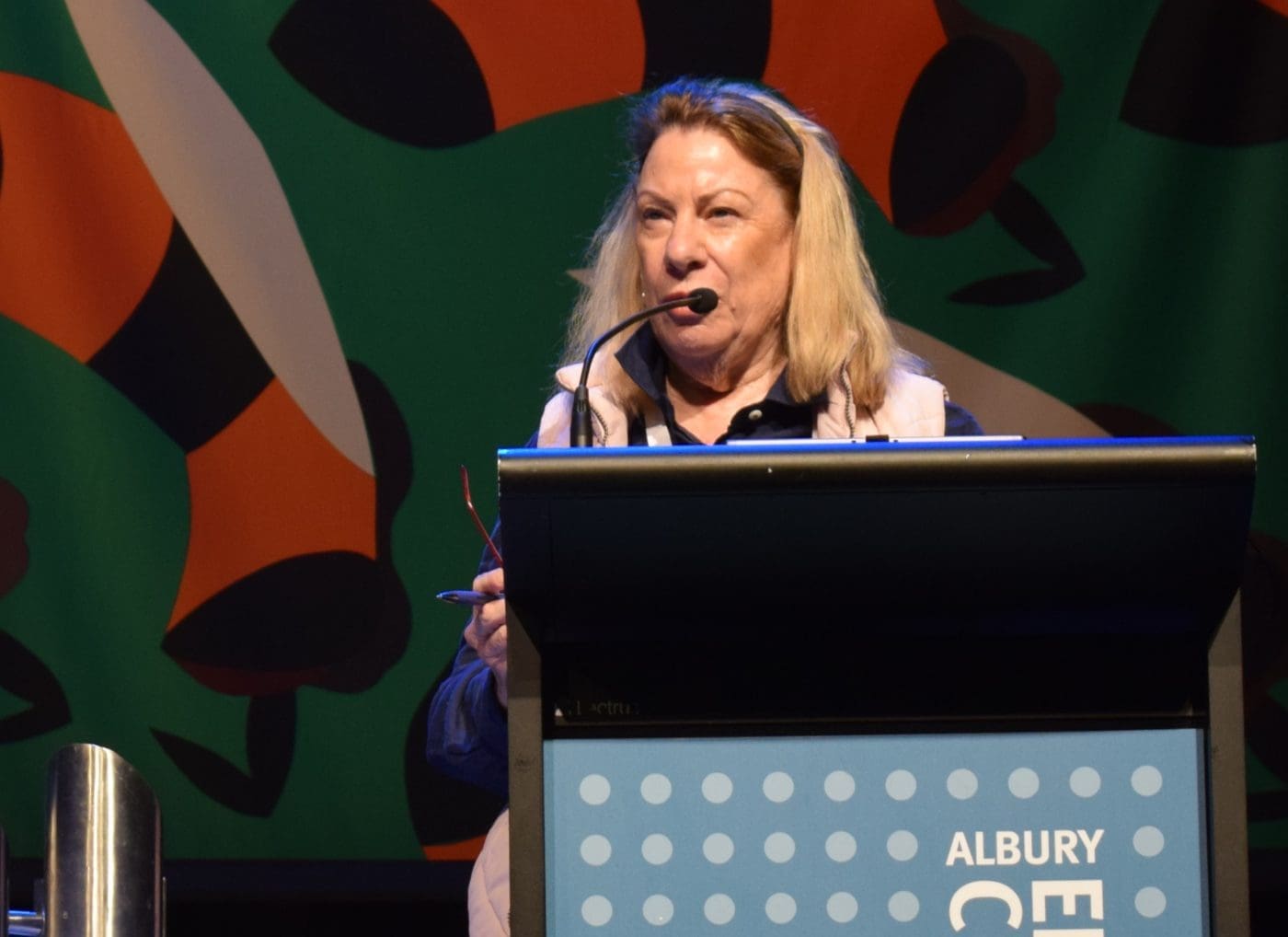
Louisa Kiely
A LOBBY group formed by soil carbon aggregators is keen to put its industry in front of the new government and pitch livestock as a big part of the solution to slowing climate change.
The weekend’s election has been a big talking point at the Carbon Farmers of Australia conference in Albury this week – with the Greens, the “Teal” independents and Labor all pushing for stronger action on climate change.
While many are seeing it as a win for carbon farmers, the consensus from many at the conference was that the industry will see few changes from the new government.
Soil Carbon Industry Group co-chair Louisa Kiely said the group’s immediate priority was to keep its part of the carbon industry on the new government’s radar.
“We have been set up to ensure the soil carbon space does not go backwards as every other space starts to knock on their door – like seaweed or blue carbon,” Ms Kiely said.
“There will be a long line to the energy minister’s room to make sure they understand agriculture’s role mitigation is so important.
“Battery storage, solar and wind are all good but farmers control the majority of the land.”
Livestock essential to soil carbon
With livestock being an essential part of soil carbon projects, Ms Kiely said it was important to educate consumers and policy makers about their value.
“We’ve been doing this since 2005 and we were tree-change farmers in the central-west of NSW farming fine wool,” she said.
“We did the holistic management course and that is where we learnt that grasses and grass eating animals co-evolved, they need each other to survive. It’s about the management of the animals and that’s where carbon farming has come from.”
Ms Kiely said she was confident the group could sell that message to The Greens, who are shaping up to hold a big share of the senate.
“I think the Greens have been told about this and I think they have a bit of a bad wrap when it comes to agriculture,” she said.
“When we go to Canberra we will be knocking on their door and we believe the relationship between the Greens and agriculture can be improved.”

HAVE YOUR SAY